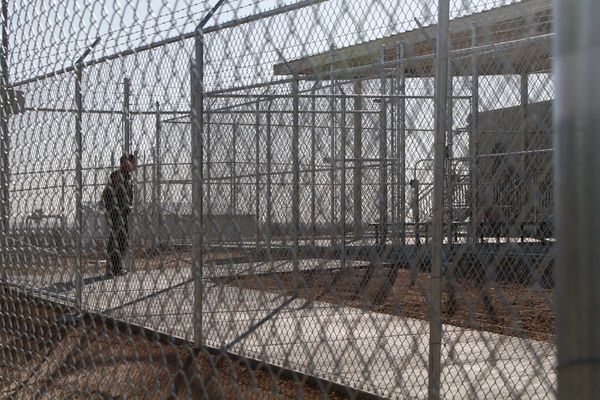
Cracks are appearing in the public health lobby’s support for new bans on vaping — revealing that, even in a notoriously prohibitionist sector, there is concern the Albanese government’s ridiculous “crackdown” on e-cigarettes simply won’t work.
After railing against the evil tobacco industry in March, Health Minister Mark Butler used the budget to announce a plan to “stamp out vaping”, costing hundreds of millions of dollars. He promised to stop the import of non-prescription vapes, reduce the use of flavours and colours, ban single-use vapes, and force them to be packaged like pharmaceuticals.
It’s a doubling down on existing regulation, which restricts vape accessibility to prescriptions and, outside of Tasmania, criminalises — complete with threats of massive fines and jail — adults who use vapes without a prescription, as well as retailers who sell them.
The laws to jail vapers have never been enforced — a sure sign of failed regulation. And they have done nothing to halt a thriving black market in vapes and a rise in the incidence of vaping among children — the subject of ample hysterical media stories about the “vaping epidemic”.
Adopting anything but a prohibitionist position on vaping guarantees you’ll be described as a shill for Big Tobacco. It’s even worse within the public health lobby. As with issues like alcohol and sugar consumption, any deviation from the line that such products are inherently evil and must be taxed, regulated and banned can be deeply career-limiting for researchers — no matter how strong the evidence might be.
That’s why some public health advocates appear to have kept their view — that doubling down on the existing failed ban won’t work — private, expressing it only to Department of Health officials, according to The Sydney Morning Herald. Going public risks criticism from powerful public health lobby groups such as the Royal Australian College of General Practitioners, the Australian Medical Association, the Cancer Council and Catholic health and education groups.
Earlier this year, a group of senior public health and drug researchers from Australia and overseas joined together to criticise the National Health and Medical Research Council for the poor evidence base and sloppy thinking behind its May 2022 statement, which stated there are no health benefits to vaping and that their use leads to smoking.
“It exaggerates the risks of vaping and fails to compare them to the far greater risks of smoking,” the group concluded. “It uncritically accepts evidence of harms from e-cigarettes while adopting a highly sceptical attitude towards evidence of their benefits; it incorrectly claims that the association between adolescent vaping and subsequent smoking is causal; and it understates the evidence of the benefits of e-cigarettes in assisting smokers to quit.”
Australia’s prohibitionist obsession is also at odds with the approach of comparable countries that regulate vaping as a consumer product, with strict age-verification requirements. In the UK, for instance, vapes are available to people over 18, and the UK government is even encouraging people to switch from smoking to vaping.
The approach from the Albanese government, backed by the usual suspects in the public health industry, is to maintain and worsen Australia’s current “worst of all worlds” regulatory approach, in which vaping is made harder for smokers to access and easier for children to access. A border crackdown, bland packaging, and a Vape Police squad to hunt down retailers and unprescribed vapers and will do nothing to curb the net harms of a policy lacking evidence and effect.







